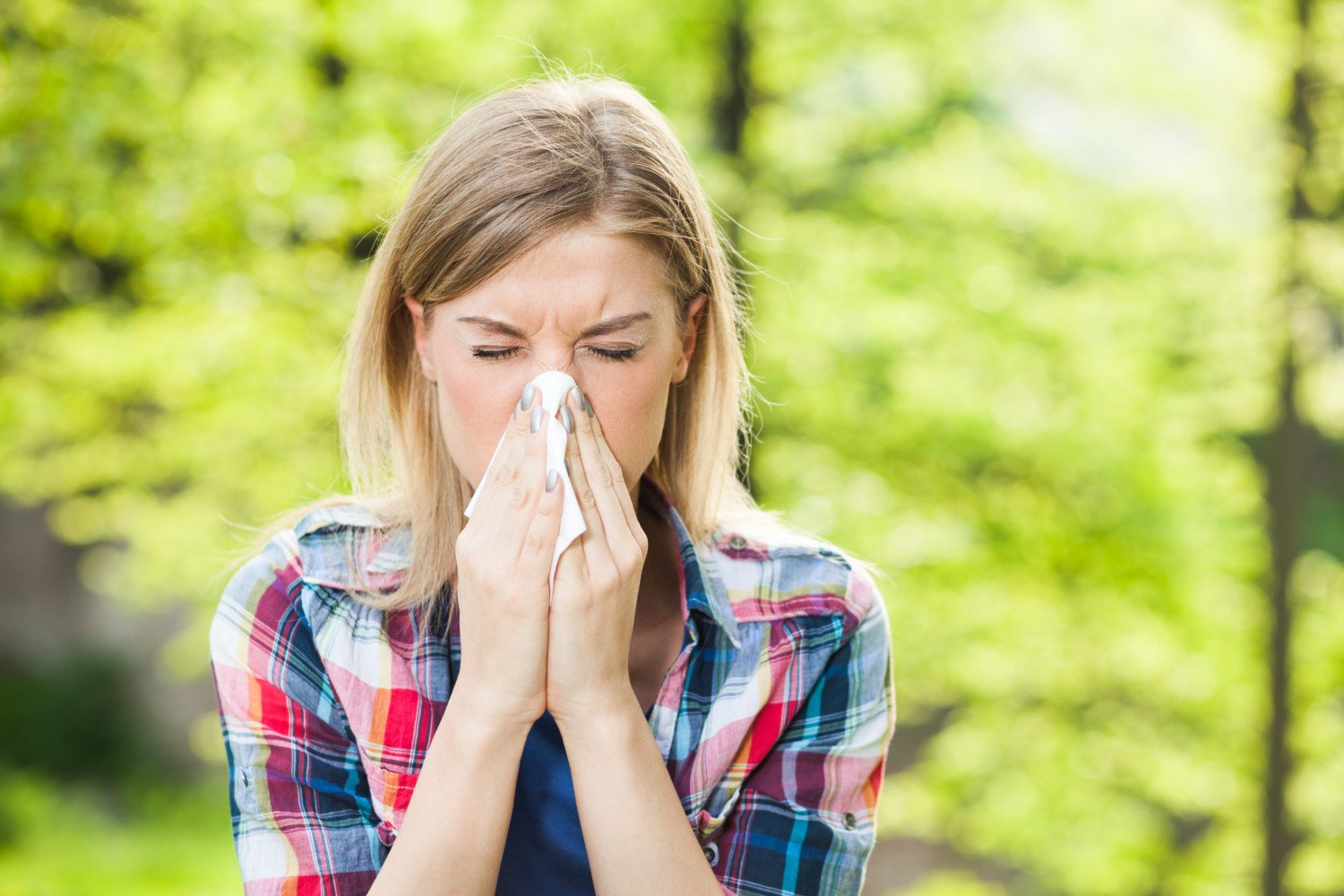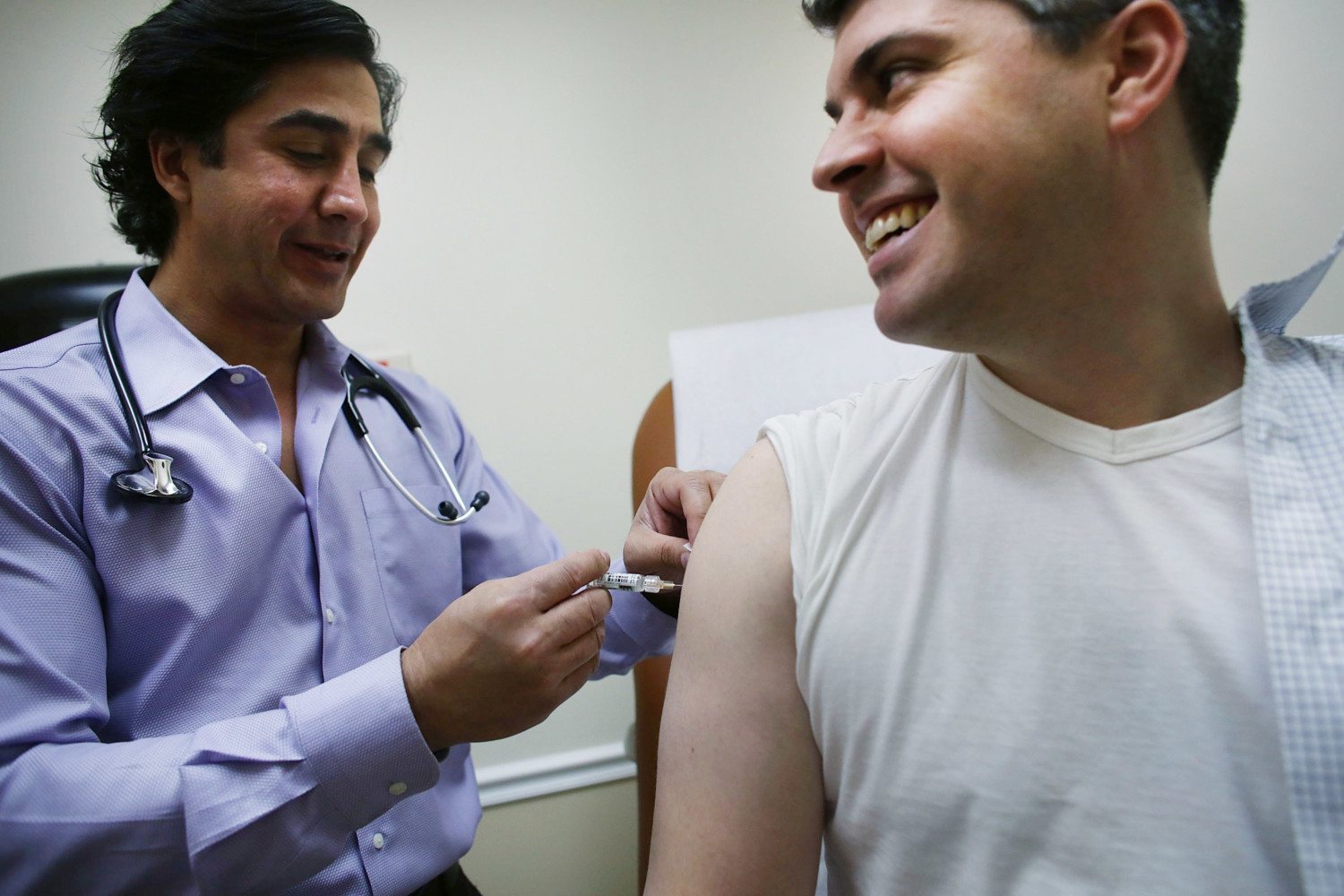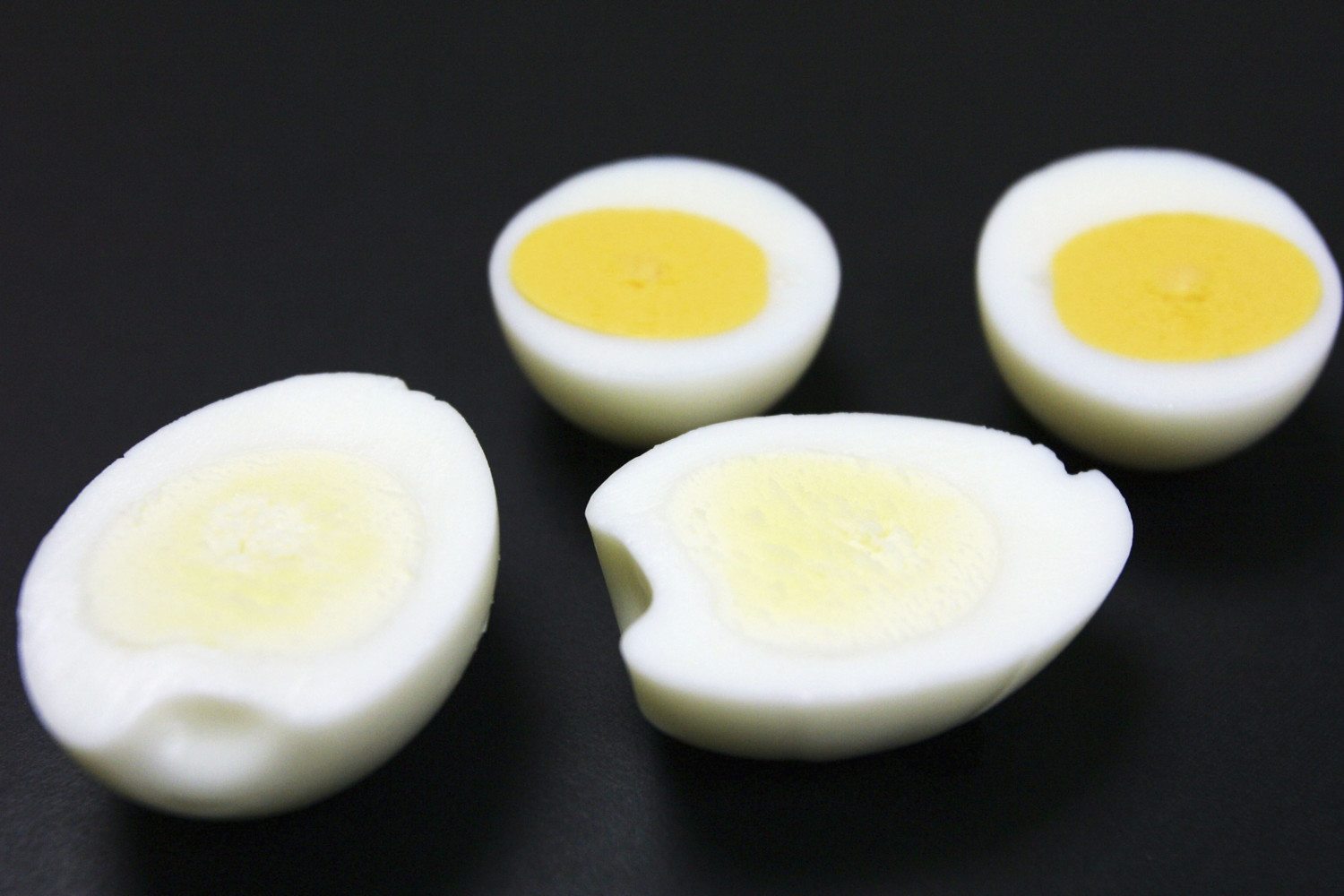9 brilliant strategies of people who never get sick

You probably have friends or relatives who are always proudly proclaiming that they never, ever get sick. It’s as if they have invisible shields surrounding them, helping to fend off germs. More likely, though? They’ve got some stellar, immune-boosting strategies.
Flu season peaks between December and March, but can occur as soon as October and run through May, according to the Centers for Disease Control and Prevention. With flu season approaching, we did the research to find out how you can build up your immune system. Follow some of these strategies, and you too might become part of the healthy elite humbly bragging in a few years that you haven’t been sick since 2017.
Here are nine secrets of people who never get sick:
1. They Get Tattoos
That full sleeve of ink? Not only is it body art, but it can also be an immune booster. According to research from the University of Alabama, receiving multiple tattoos can strengthen your immune system, making it easier for you to fight off common infections. On the flip side, a single tattoo, the study found, can temporarily lower your resistance. Tattoo averse? Keep reading. There are some even easier ways to avoid getting sick.
2. They Get Flu Shots
You don’t have to get permanent ink to fend off the flu. In fact, the CDC says the best thing you can do to avoid getting sick is get the flu vaccination. The CDC needs to decide which strains to inoculate against nearly a year in advance so manufacturers have enough time to produce the vaccine, so it’s still possible to get a less common strain of the flu. But a flu shot will certainly lower your odds.
3. They Sing Happy Birthday While Washing Their Hands
OK, you don’t have to actually do this out loud. But washing your hands, the CDC advises, is one of the best ways to prevent the spread of germs. The key here is to scrub for 20 seconds—which is about how long it takes to sing “Happy Birthday.” If soap and water aren’t available, use an alcohol-based hand rub, the CDC suggests.
4. They Catch Plenty Of ZZZs
People who slept less than six hours a night were 4.2 times more likely to catch a cold compared to those who got more than seven hours of sleep, according to a 2015 study led by researchers at the University of California—San Francisco. Those who slept less than five hours per night were 4.5 times more likely to get sick.
5. They Keep Warm
It’s not just an old wive’s tale. Cooler temperatures help the common cold virus reproduce more efficiently, according to a Yale-led study. The takeaway? If you’re in a cooler climate, stay bundled up when it gets cold.
6. They Eat Chicken Soup
Grandma may have been on to something. A study published in CHEST, the peer-reviewed journal of the American College of Chest Physicians, found that chicken soup contained several ingredients with medicinal benefits that could ease the symptoms of upper respiratory tract infections. The recipe they used for the study included chicken, as well as onions, sweet potatoes, parsnips, turnips, carrots, celery stems and parsley.
7. They Know The Right Combo Of Probiotics
Pesky cold symptoms like a stuffed nose and sore throat are the body’s inflammatory response to a virus, explain scientists from the University of Medicine and Dentistry of New Jersey. Their research found that probiotic microorganisms may soften your immune system’s reaction by reducing your body’s inflammatory response. But to get this right, you need to to take a specific combination of probiotics: LGG and BB12. These strains are available in several over-the-counter supplements, but read the containers to make sure the product contains Lactobacillus rhamnosus GG (LGG) and Bifidobacterium animalis lactis BB12. You might also be able to find the combination in yogurts.
8. They Get Enough Vitamin D
Vitamin C tends to get the spotlight when it comes to fighting off the cold and flu. But, vitamin D—often recognized for promoting bone and muscle health—can also protect against acute respiratory infections, including colds and flu, according to a study from Queen Mary University of London. Vitamin D, known as the “sunshine vitamin,” is found in several foods, including fatty fish, egg yolks, fortified milk, some mushrooms and beef liver. You can also take Vitamin D supplements.
9. They Exercise The Right Amount
Somewhere in between couch potato and marathon runner is the happy medium when it comes to fending off sickness, according to research from the Society for General Microbiology. Regular moderate exercise is your best bet because prolonged strenuous exercise, such as marathons, can actually make you more susceptible to getting cold-like infections, the researchers say.
[h/t: Prevention]













